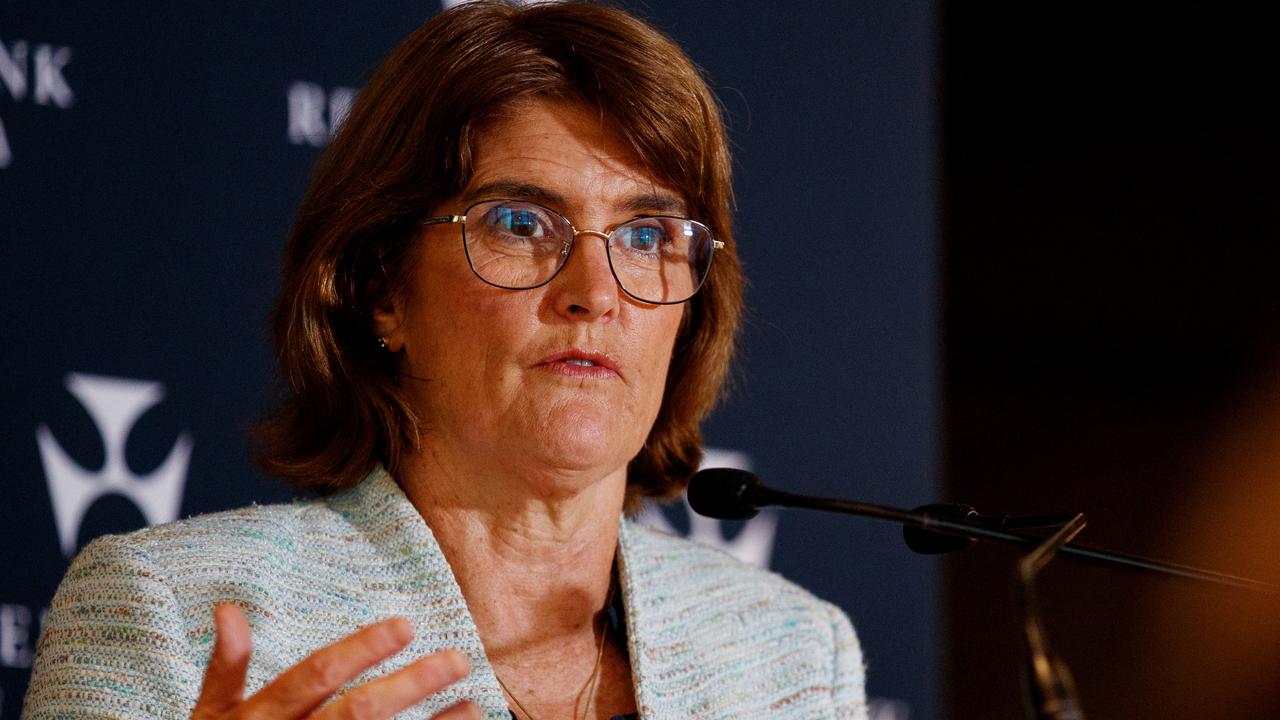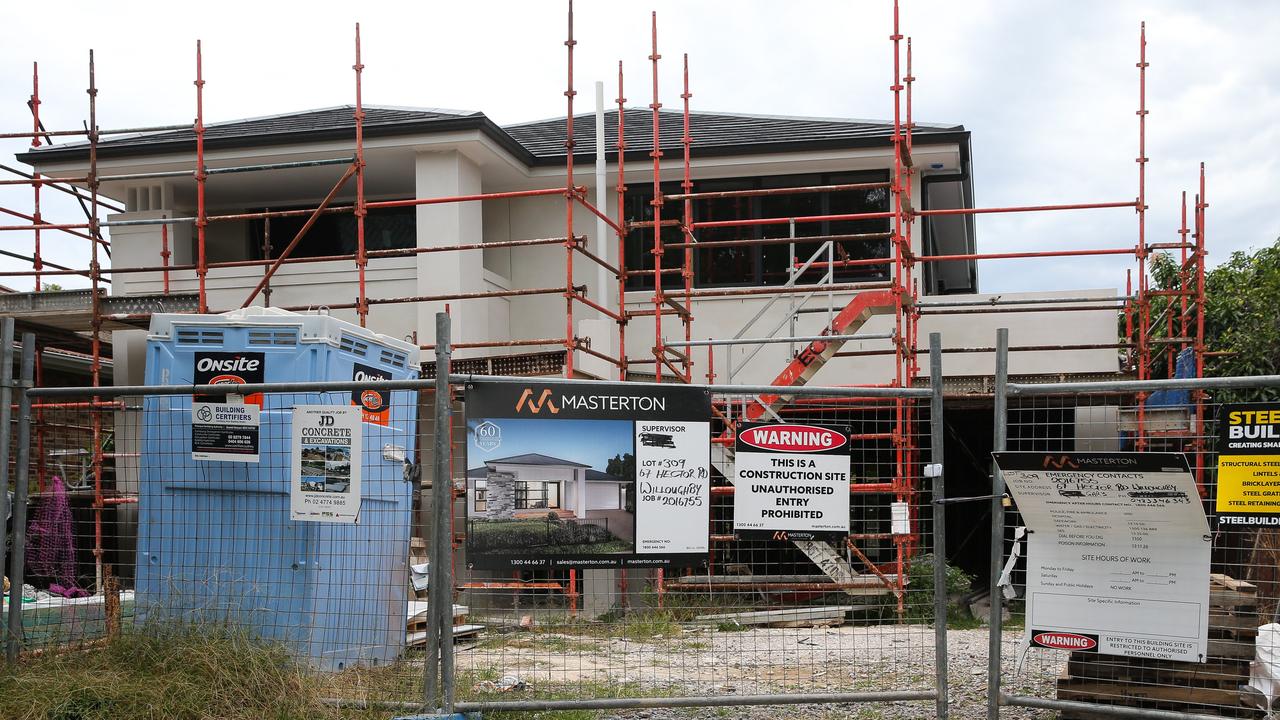RBA defends interest rates record
THE RBA says Australia is probably six months away from seeing clear evidence that inflation has begun to fall.
RBA defends interest rates record
THE Reserve Bank of Australia (RBA) governor Glenn Stevens says the central bank did not get it wrong when it hiked interest rates earlier this year, rejecting claims it went too far in its fight against inflation.
Mr Stevens said the RBA board's credentials would have been in questionable if it had not acted when all the evidence at the time was pointing to inflation rising.
"I don't think the board had got it wrong,'' he told a House of Representatives Economics Committee hearing today in Melbourne in response to a question.
"I doubt very much we could have credibly just sat there with what inflation was doing.''
"On the information we had then on the assessment on the risks that we could make then and even looking back those moves were correct.''
The central bank last hiked interest rates in March, after an earlier rise in February.
Last week, it cut official rates for the first time in almost seven years, to 7 per cent to 7.25 per cent.
Mr Stevens also when the RBA decided to cut rates this month, it had done so with a view that the central bank took a forward view.
"At the September meeting the board took a step in that direction,'' he said.
"The logic of this decision was the same as the one that, some years earlier, had led the board to begin raising rates from unusually low levels: the setting of policy designed to get the economy to change course probably will not be the right one once the change of course has occurred, and it will need to be adjusted.
"A further consideration was that conditions recently had actually tightened marginally as a result of rises in lenders interest rates, which from a macroeconomic point of view was not needed.''
Mr Stevens said Australia is probably six months away from seeing clear data evidence that inflation has begun to fall.
"Admittedly, we are probably six months away from seeing clear evidence that inflation has begun to fall, and even then it has to fall quite some distance before it is back to rates consistent with achieving 2 to 3 per cent on average,'' he said in his opening remarks to the committee.
Mr Stevens declined to comment on the prospect for further rate cuts, saying the situation would be assessed on a month by month basis.
But he noted that financial markets are pricing in the possibility for more decreases, and that key market rates had already been falling.
But this time around in the economic cycle a "somewhat larger fall'' in inflation overall was required than was the case in either 2001 or 1995.
"Rather than trying to achieve that larger fall in inflation by pushing it down more quickly, the board's strategy is to seek a gradual fall, but over a longer period,'' he said.
"This carries less risk of a sharp slump in economic activity, though it does require a longer period of restraint on demand.
"On the other hand, this carries the risk that a long period of high inflation could lead to expectations of inflation rising to the point where it becomes both more difficult and more costly to reduce it.''
Mr Stevens said monetary policy has to balance all these risks, which is why the bank's flexible, medium-term inflation targeting system was so important.
"That framework will continue to guide the board's decision making,'' he said.
Mr Stevens reiterated the bank's view that a picture of moderating demand, at least for households, is continuing to emerge, particularly amid the current tight financial conditions.
"Overall, households are at present much more cautious about spending and borrowing, after a number of years in which confidence levels were very high and there had been strong rates of growth in borrowing and spending,'' he said.
Mr Stevens said confidence in international credit markets had continued to wax and wane but overall the Australian financial system is weathering the storm.
"What we see in the Australian financial scene is an order of magnitude less troubling than what we see abroad,'' Mr Stevens said.
"The balance sheets of the bulk of corporate Australia are not over-geared.''
As well, Australian financial institutions continue to have adequate access to off shore financing, relative to their peers in the US, Europe and the UK, albeit at higher prices than a year ago.
"Some have had to make provisions for unwise exposures that had been accumulated earlier,'' he said.
"But even in these cases, capital, asset quality and profitability remain very sound.''
"In summary, the Australian financial system is weathering the storm well.''



